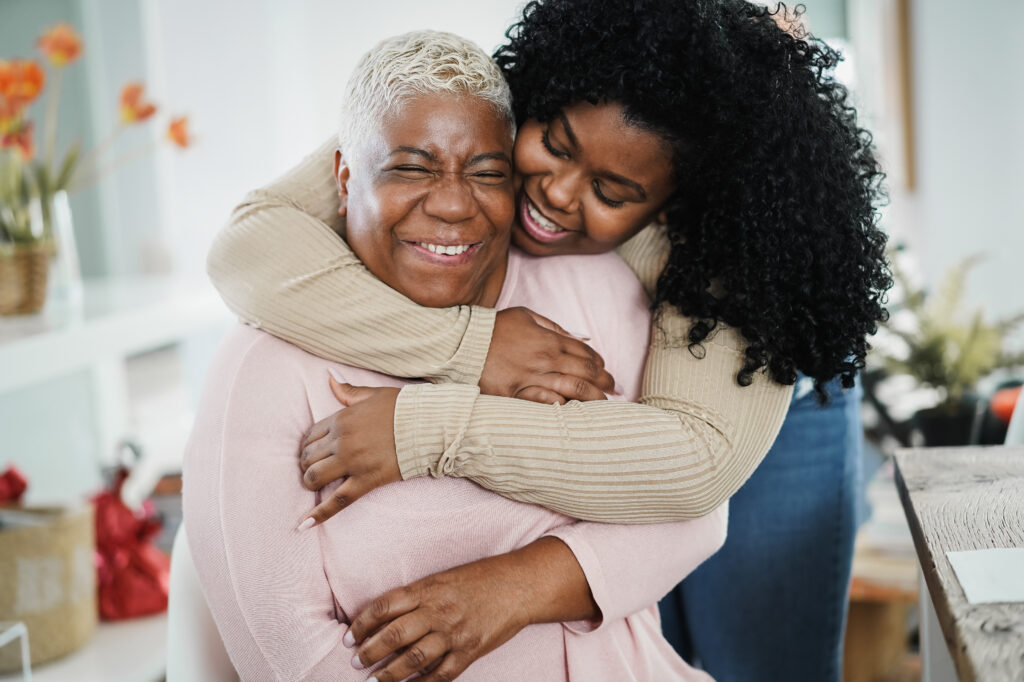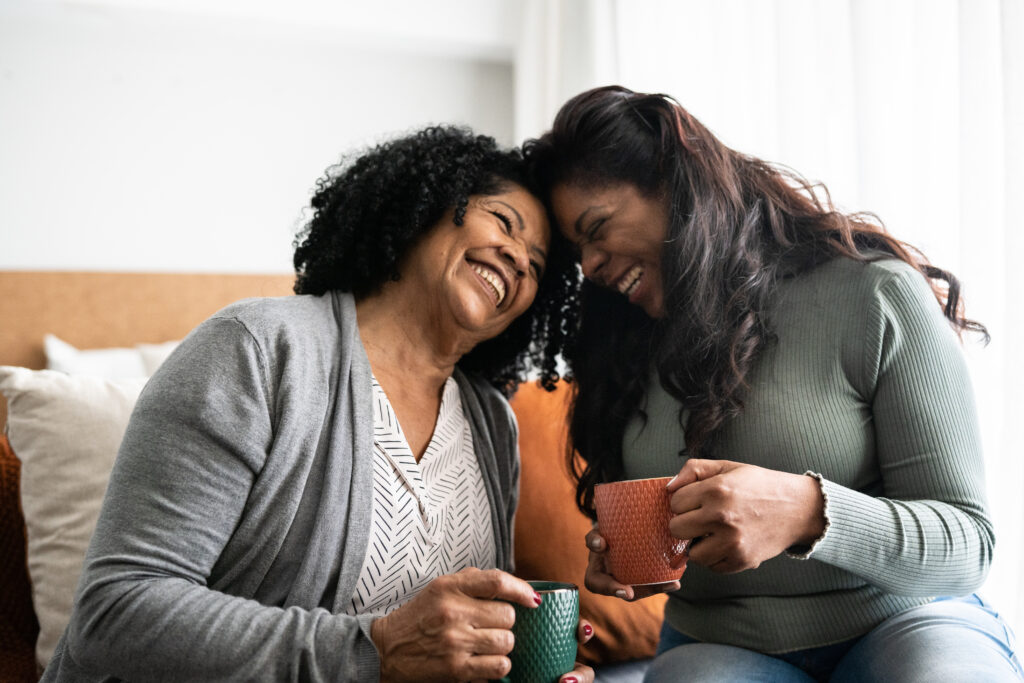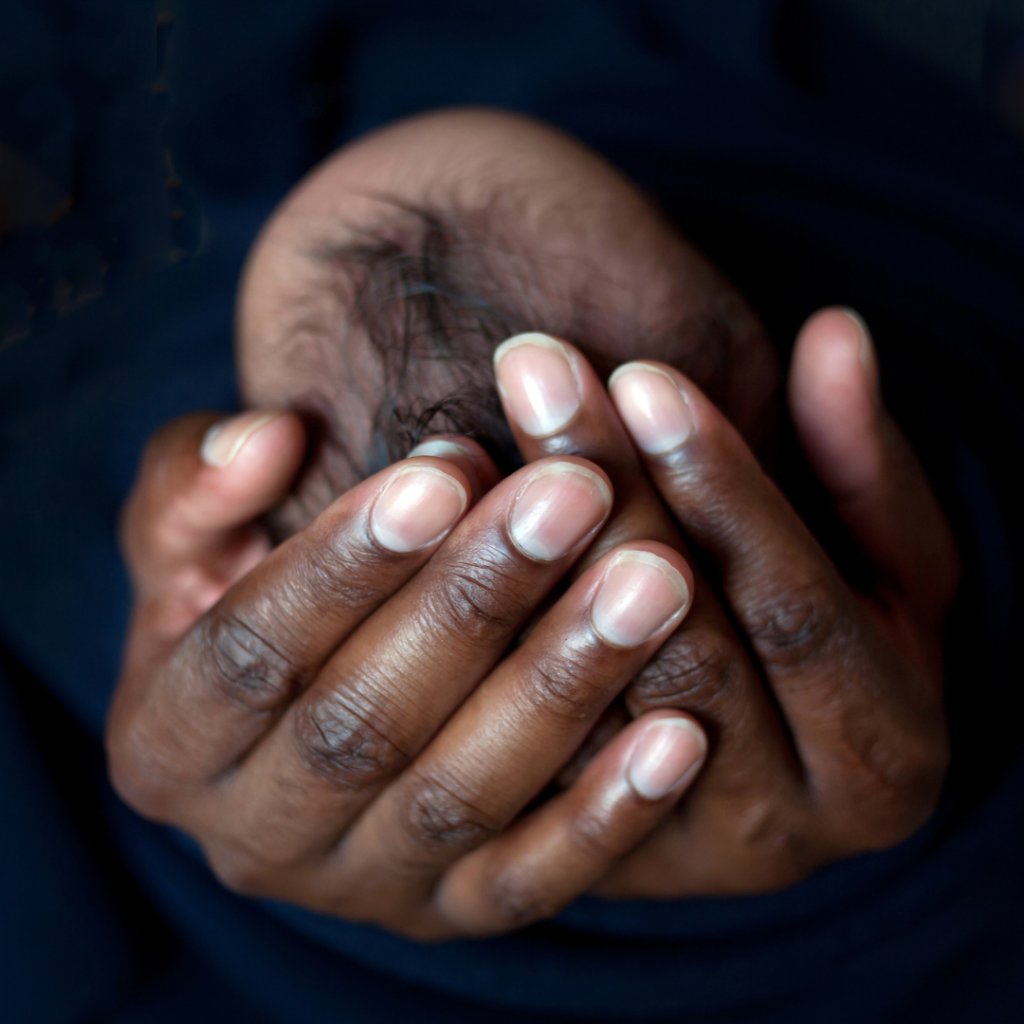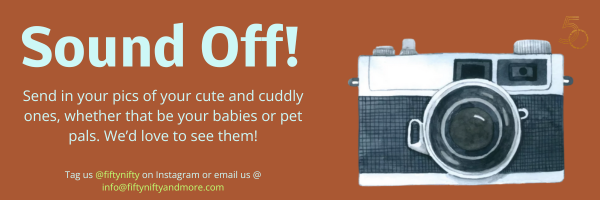More love. It really is what we all want and need. But we may be overlooking all of the above.
Here’s news that may surprise you: it may be a common belief that “older” people are lonely. And yes, some of us are, for many reasons. If you, as a reader, are 50 +, your parents are elderly, or no longer with us. You may be single, in the sense that you’ve lost a life partner to divorce or death. If you had children, they’ve likely flown the nest. And so on.
But the fact is that young people, especially young women in their 20s, far more frequently than older populations report loneliness as a serious mental health issue. Experts suggest that the reliance of Millennials and subsequent generations on social media versus face-to-face interaction leads to a loss of intimacy, feelings of isolation, and anxiety about not measuring up to Instagram standards. The short version of this story: bond with your granddaughters (or someone else’s) and invite them over for tea. Tutor. Mentor. Or just make yourself available for listening (be sure to bring the Kleenex).

Another fact is that our society places an inordinate emphasis on erotic love. Romantic love. Falling-in-love-and-getting-frisky love. Moonlight and roses — or just great spicy sex! — are among life’s pleasures, to be sure. But these deeply human expressions are not the only form of love. As we age and hormone levels wane, for some women, not all by any means, the sexual aspects of love may become less urgent. In spite of constant media pressure to stay hot and bothered, the mellowing — or even exit — of genital desire and fire may be okay. And if it’s not okay with you, talk to your wellness team about hormone replacement and other options.
But what about other forms of love?
Love as we know it is intrinsically tied to hormones. Again, you may immediately think of estrogen and testosterone (yes, women’s bodies produce testosterone, too!). But those are the sex hormones, and aren’t really about “love.” Estrogen and testosterone make us wanna rock and roll all night long. But it’s a different hormone, called oxytocin, that makes human beings (and other mammals) capable of love.
The brain chemical oxytocin is released in the brain through non-threatening touches, like hugging, patting, gently holding and cradling, and even massage. It’s nicknamed “the moral molecule” because it evokes kindness, loyalty, and bonding. Simply put, abundant circulating oxytocin makes us nicer to each other, and nicer to ourselves.

Oxytocin is only produced by mammals (versus reptiles or birds), and female mammals produce more oxytocin than males. In female mammals, oxytocin production is closely linked with motherhood. The chemical is instrumental in lactation’s “let down” when breastfeeding. It’s also the key to what scientists call “pup recognition.” In human terms, this amounts to being able to spot your kid in a crowd. That’s my baby!
So, it’s not surprising that baby-cuddling is one way to create a feeling of love within yourself. Both cuddler and cuddlee benefit!
CUDDLE A BABY
Human touch plays a major role in an infant’s neurodevelopment. Babies who are adequately fed, changed, bathed, and checked for any physical medical issues but are not held, cuddled, talked to, or played with often exhibit what clinicians call “failure to thrive.” Indeed, just as man does not live by bread alone, babies need to be touched in order to grow strong and stay happy. As adults, we do, too.

Many hospitals across the US offer volunteer opportunities to hold and cuddle babies, skin-to-skin. Premature babies, as well as babies who are separated from their biological parents because of addiction or a parental health issue, are especially in need of this tender touch. These special babies may be fussy and irritable, and this means that they will benefit most from your unconditional love.
Baby cuddlers are given special training on how to talk to, read to, sing to, and touch precious newborns. You’ll even learn how to correctly “swaddle” and the soothing power of what’s called “facilitated tucking” (FT)! Start with a Google search for a hospital with a baby cuddler program, and contact your local hospitals to ask if they accept volunteers to offer this powerful service. Also check out the Hospital Hugging programs funded by Kimberly Clark, the manufacturer of Huggies diapers. Typically, a baby cuddler must meet certain criteria, including proof of current vaccinations, a clean criminal background check, a health assessment, and a minimum number of hours available.
Pets can be a great source of comfort. Pets offer unconditional love and acceptance, providing companionship and emotional support without judgment. Because they provide companionship, affection, and shared experiences, pets may be a big help in building love, emotional health, and harmony in relationships. If you’re interested in adding a furry loved one, April is a month just bursting with pet and animal love: April 11 is National Pet Day, April 19 is National Dog Parent Appreciation Day, April 30 is National Adopt a Shelter Pet Day, and the entire month is Dog Appreciation Month! Woof!

Be the first to comment